Why do people hate billionaires?
Critics say the existence of the uber-wealthy is both immoral and a policy failure

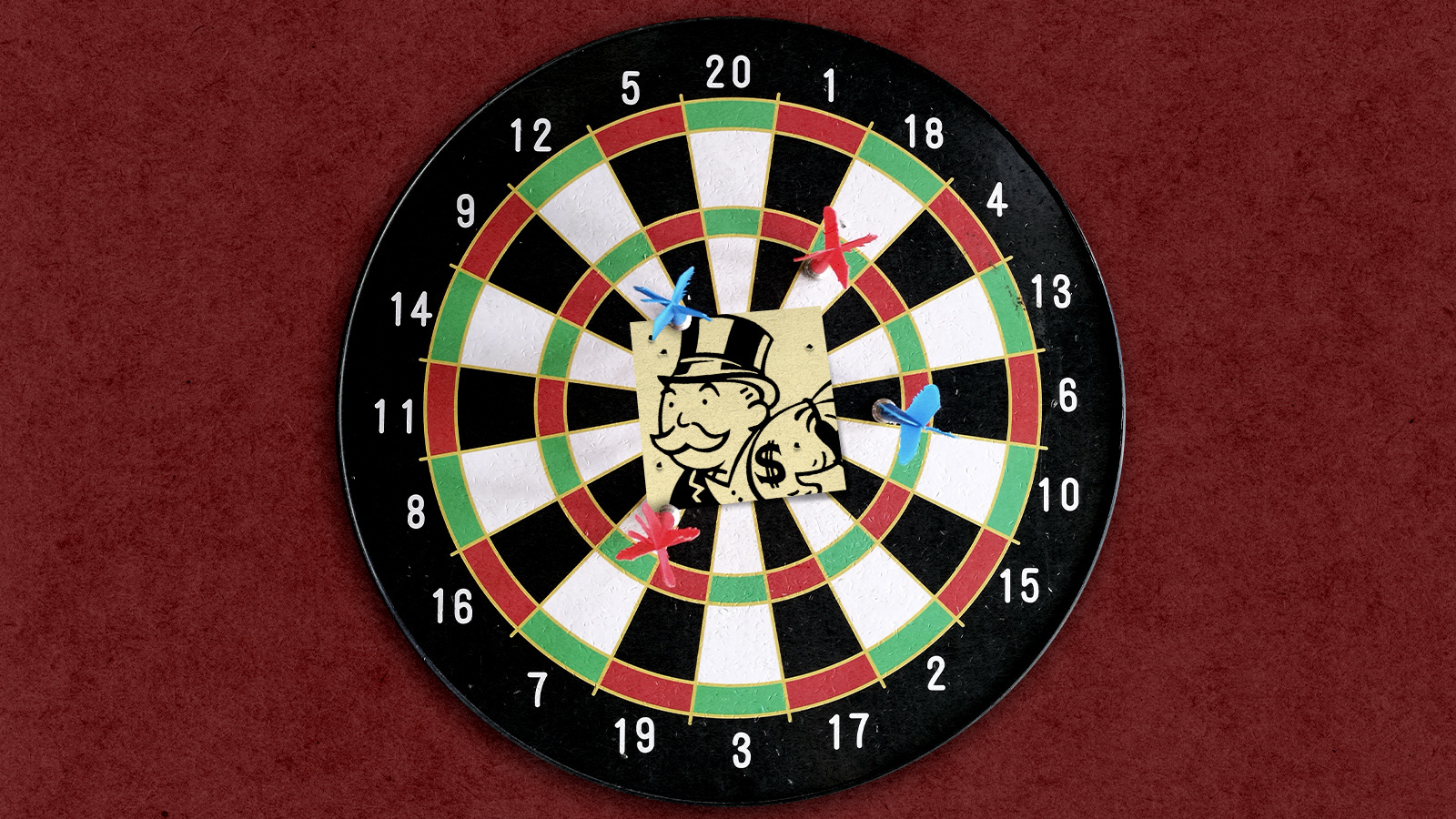
A free daily email with the biggest news stories of the day – and the best features from TheWeek.com
You are now subscribed
Your newsletter sign-up was successful
It has been a little over a century since oil baron John D. Rockefeller became the world's first billionaire in measurable dollars in 1916. Today, there are 3,311 billionaires globally, accounting for about $11.8 trillion in wealth. The existence of billionaires, though, has been an ongoing source of controversy, with many believing a financial system that allows a single individual to amass billions is immoral and indicative of a large-scale policy failure.
The uber-wealthy are once again in the hot seat following Elon Musk's chaotic takeover of Twitter as well as the ongoing large-scale tech layoffs. Why have people come to hate billionaires? Here's everything you need to know:
Are billionaires a sign of a failing economy?
There is no doubt that the wealth of some has greatly increased to the detriment of others. During the COVID-19 pandemic, billionaires' collective net worth increased by 42 percent, CNN reports. At the same time, 263 million people were driven to poverty from the rising prices, showcasing the enormous societal wealth gap. "I've never seen such a dramatic growth in poverty and growth in wealth at the same moment in history," commented Max Lawson, head of inequality policy at Oxfam.
The Week
Escape your echo chamber. Get the facts behind the news, plus analysis from multiple perspectives.

Sign up for The Week's Free Newsletters
From our morning news briefing to a weekly Good News Newsletter, get the best of The Week delivered directly to your inbox.
From our morning news briefing to a weekly Good News Newsletter, get the best of The Week delivered directly to your inbox.
Over time, the general public has grown more resentful of billionaires and the extremely wealthy, starting movements like Occupy Wall Street and "eat the rich," while high-profile politicians like Vermont Sen. Bernie Sanders (I) and New York Rep. Alexandria Ocasio-Cortez (D) have argued against the existence of billionaires. "I think no, no one deserves to have a billion dollars," then-Democratic presidential nominee Sen. Kirsten Gillibrand told The New York Times while campaigning in 2019.
Since the pandemic, a growing number of Americans have agreed with the statement that people having fortunes of billions or more is bad for the country, according to the Pew Research Center. "Are we comfortable with a society where someone can have a personal helipad while this city is experiencing the highest rates of people experiencing homelessness since the Great Depression?" Ocasio-Cortez argued in an interview with author and journalist Ta-Nehisi Coates in 2019. "Should those two things coexist at the same time?"
Others, however, believe that "those who work and earn money in this country, it's not a bad thing," as 2020 Democratic presidential nominee Tulsi Gabbard told the Times in the same interview. Billionaires are inspiring, create jobs, fuel innovation, and give back to the community, businessman Peter Cohan has further argued for Inc.
Are billionaires really the self-made visionaries they claim to be?
One common defense of billionaires is that they are innovators who've climbed their way to the top and should therefore be afforded the privileges they earned. But is that really true?
A free daily email with the biggest news stories of the day – and the best features from TheWeek.com
Many defenders point out that billionaires like Amazon's Jeff Bezos and the late Steve Jobs of Apple were able to make the daily lives of people easier through their world-changing businesses and technologies. Lehigh University professor Anthony O'Brien argues to The Morning Call that they, and others like them, "make our lives better by introducing new products or by lowering the cost of existing products," and that their success "is not a result of their market power but of their spectacular success in satisfying consumer wants."
Critics, however, claim there is no way to be an ethical billionaire and that while many billionaires did come up with innovations on their own, it was at the expense of others. An example that political commentator Anand Giridharadas gives is the Sackler Family, which owned Purdue Pharma. The family made billions profiting from the opioid crisis by selling large amounts of oxycontin to people who became addicted to the drug.
Many billionaires have additionally rigged economic policies in their favor by lobbying and in some cases, assuming government positions, known as a plutocracy, Rebekka Ayres argues in an op-ed for Teen Vogue. "When the capitalist class is able to write the rulebook and lobby for preferential tax rates," she wrote, "it's virtually impossible to achieve social and economic reform in a way that is meaningful to the majority of working- and middle-class Americans."
Roxanne Roberts suggests in The Washington Post that "billionaires, for the most part, have evaded criticism by branding themselves as great innovators, personifying the American ideals of rags-to-riches opportunity and hard work."
Have billionaires made our lives better?
Products and businesses like Amazon, iPhones, and social media have undoubtedly changed people's day-to-day lives. O'Brien goes on to explain that rather than paying society with money, "billionaires create much more economic surplus than other entrepreneurs, they make much larger contributions to our happiness." Many billionaires also do engage heavily in philanthropy, with Bezos even saying that he plans to give away most of his fortune.
But with the recent spate of large-scale layoffs by tech companies, which are often owned by billionaires, one can also argue that the higher-ups continue to earn massive amounts of wealth while those on the lower levels are being left out to dry. Further, a billion dollars is an extremely large amount of money that "no one can be said to morally deserve or have earned," Rob Reich, the director of the Center for Ethics in Society, tells MarketWatch.
Billionaires are also afforded more unelected power than some may be comfortable with, from leveraging their wealth to influence government decisions to owning media outlets, like Elon Musk with Twitter, Mark Zuckerberg with Facebook, Instagram, and WhatsApp, and Jeff Bezos with The Washington Post.
Philanthropy also leads to tax cuts and many believe that billionaires should be paying their fair share of taxes. President Biden even remarked that "there's some shared responsibility, and it's not being shared fairly for hard-working, middle-class, and working-class people." Trickle-down economics, or the idea that wealth at the top of society will flow downward, has already been proven to not be effective and actually widens income inequality.
While the accomplishments of billionaires are largely understood, many Americans have come to the conclusion that hoarding wealth is a bad thing and that society would be better if income was shared. "[W]hen asked in a way that avoids hot-button terms, misconceptions, and the level of wealth people currently possess, Americans are actually in agreement about wanting a more equal distribution of wealth," The Atlantic found in one 2012 study. Indeed, despite the generally negative opinion of socialism in the U.S., the study found that the "vast majority of Americans prefer a distribution of wealth more equal than what exists in Sweden."
Today, that "radical idea is gaining adherents on the left," The New York Times' Farhad Manjoo writes, going on to quote Tom Scocca's 2018 argument in The Daily Hmm that "some ideas about how to make the world better require careful, nuanced thinking about how best to balance competing interests. Others don't: Billionaires are bad. We should presumptively get rid of billionaires. All of them."
Devika Rao has worked as a staff writer at The Week since 2022, covering science, the environment, climate and business. She previously worked as a policy associate for a nonprofit organization advocating for environmental action from a business perspective.
-
 The ‘ravenous’ demand for Cornish minerals
The ‘ravenous’ demand for Cornish mineralsUnder the Radar Growing need for critical minerals to power tech has intensified ‘appetite’ for lithium, which could be a ‘huge boon’ for local economy
-
 Why are election experts taking Trump’s midterm threats seriously?
Why are election experts taking Trump’s midterm threats seriously?IN THE SPOTLIGHT As the president muses about polling place deployments and a centralized electoral system aimed at one-party control, lawmakers are taking this administration at its word
-
 ‘Restaurateurs have become millionaires’
‘Restaurateurs have become millionaires’Instant Opinion Opinion, comment and editorials of the day
-
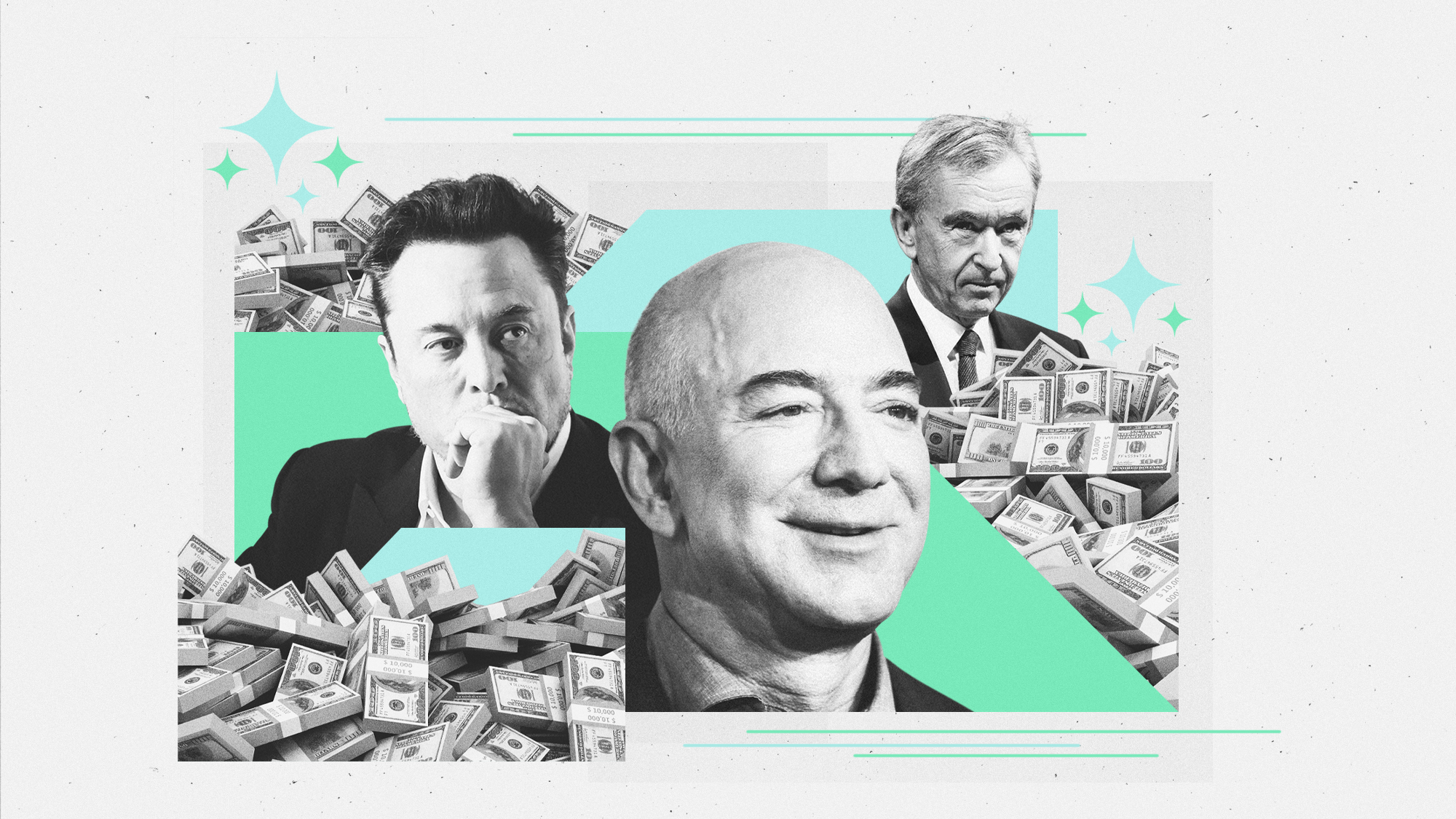 The rise of the world's first trillionaire
The rise of the world's first trillionairein depth When will it happen, and who will it be?
-
 The surge in child labor
The surge in child laborThe Explainer A growing number of companies in the U.S. are illegally hiring children — and putting them to work in dangerous jobs.
-
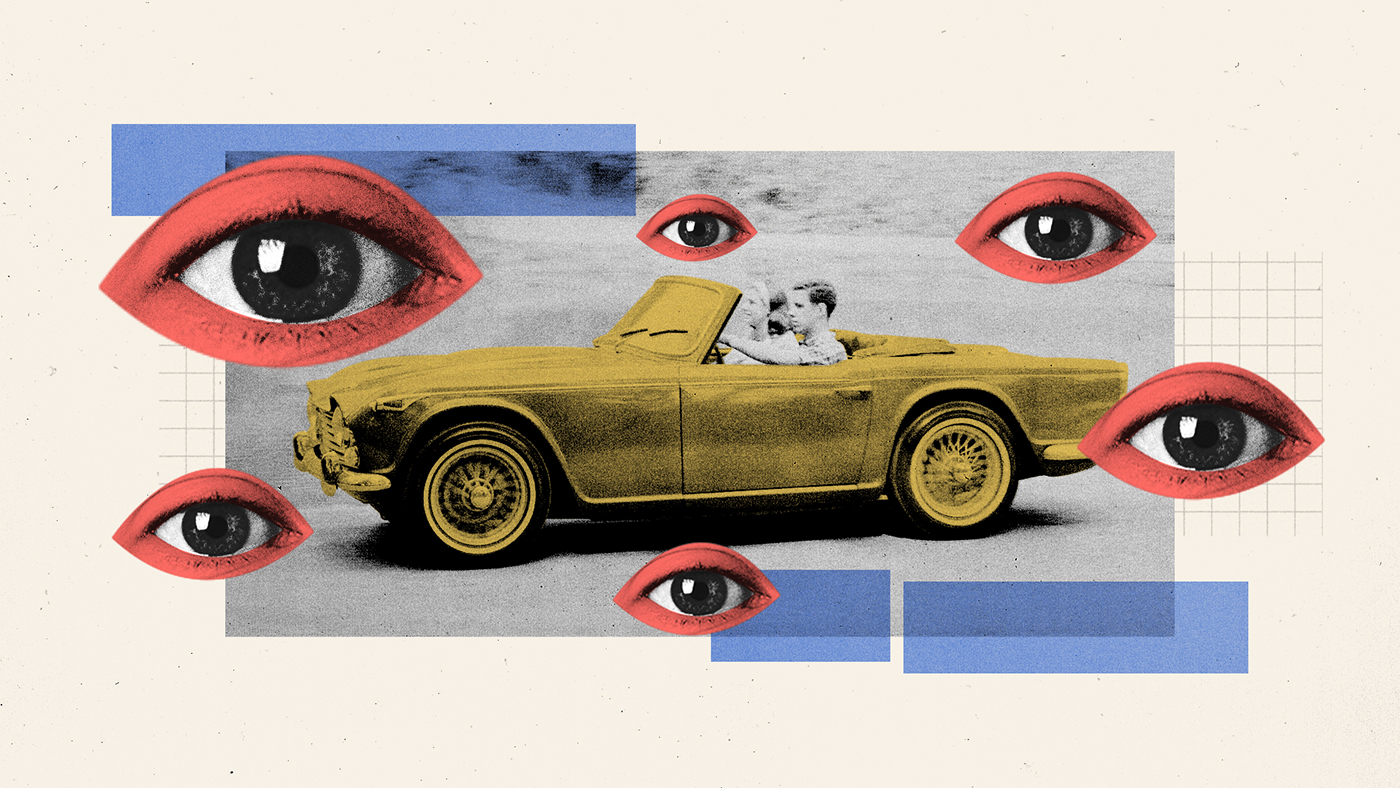 Your new car may be a 'privacy nightmare on wheels'
Your new car may be a 'privacy nightmare on wheels'Speed Read New cars come with helpful bells and whistles, but also cameras, microphones and sensors that are reporting on everything you do
-
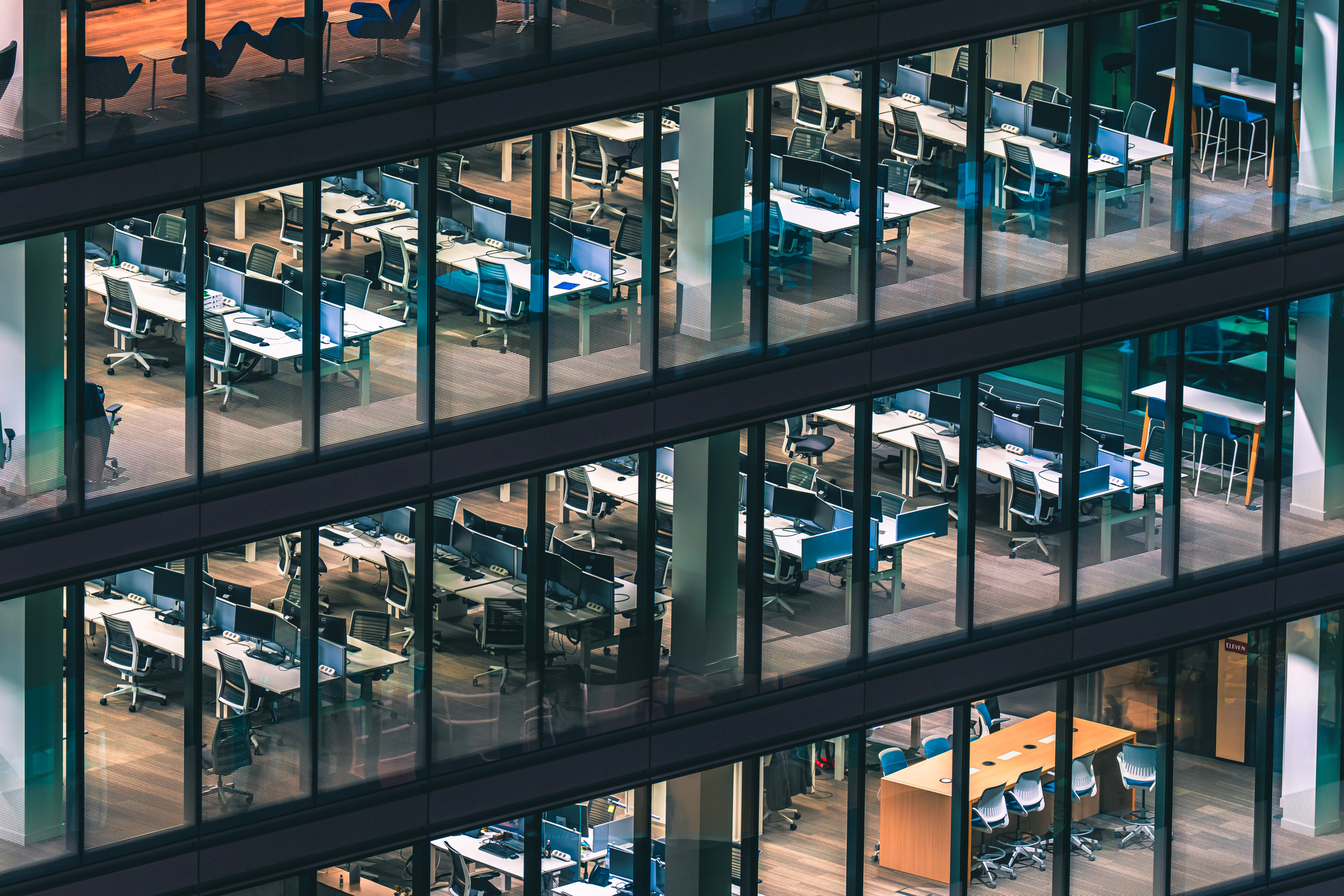 Empty office buildings are blank slates to improve cities
Empty office buildings are blank slates to improve citiesSpeed Read The pandemic kept people home and now city buildings are vacant
-
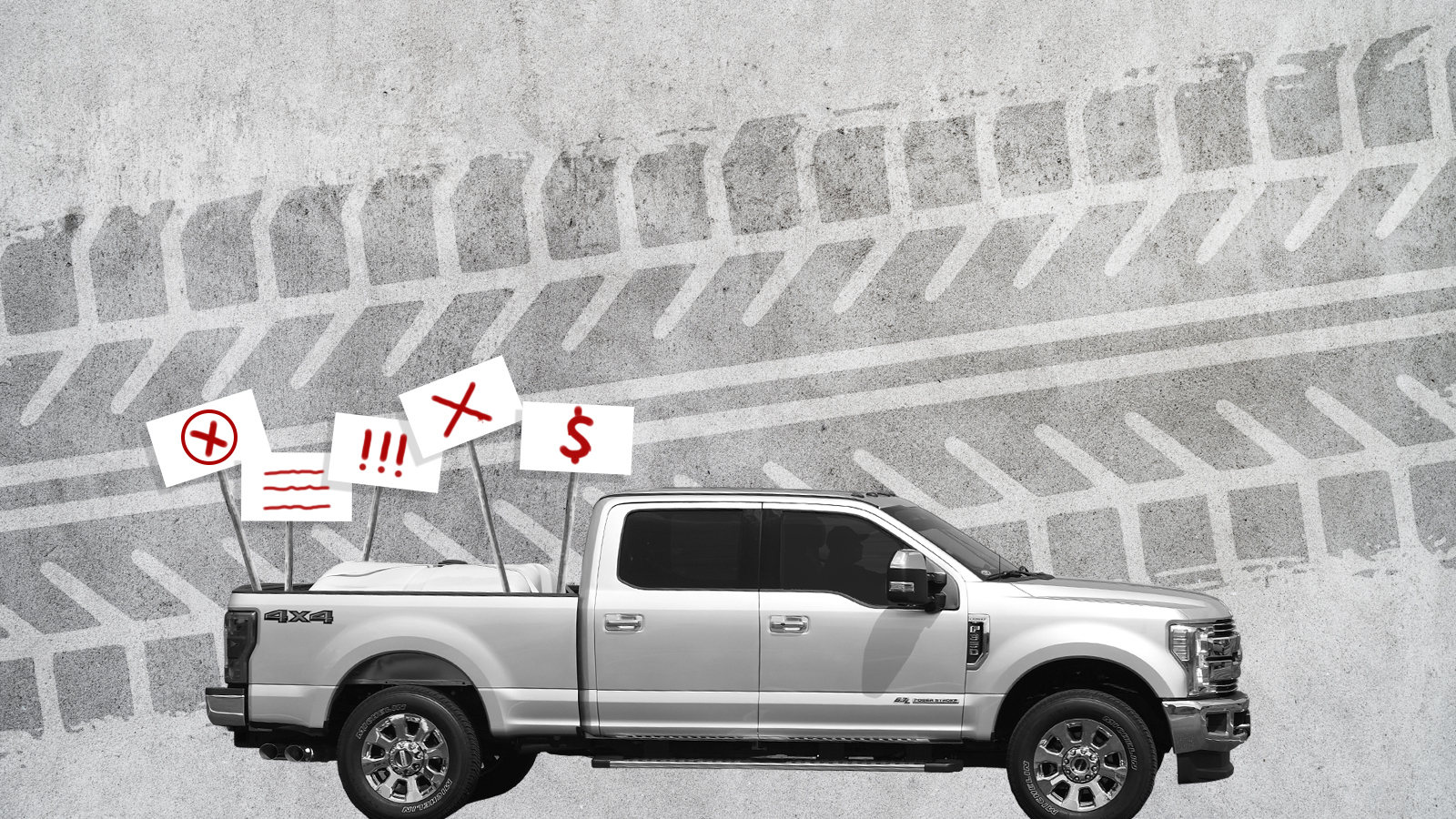 Why auto workers are on the brink of striking
Why auto workers are on the brink of strikingSpeed Read As the industry transitions to EVs, union workers ask for a pay raise and a shorter workweek
-
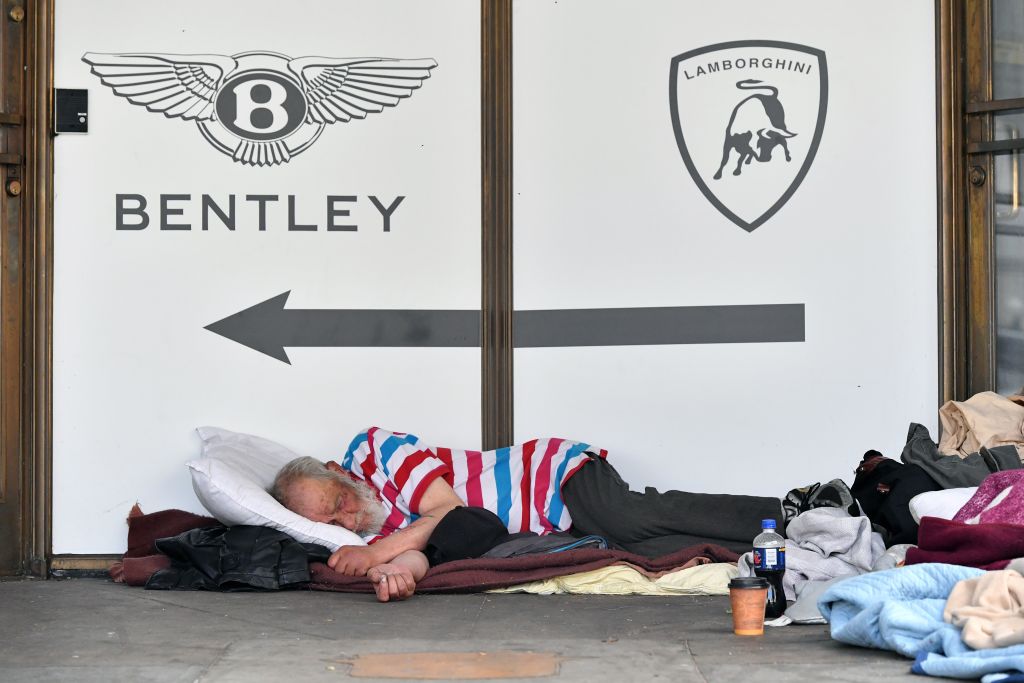 American wealth disparity by the numbers
American wealth disparity by the numbersThe Explainer The gap between rich and poor continues to widen in the United States
-
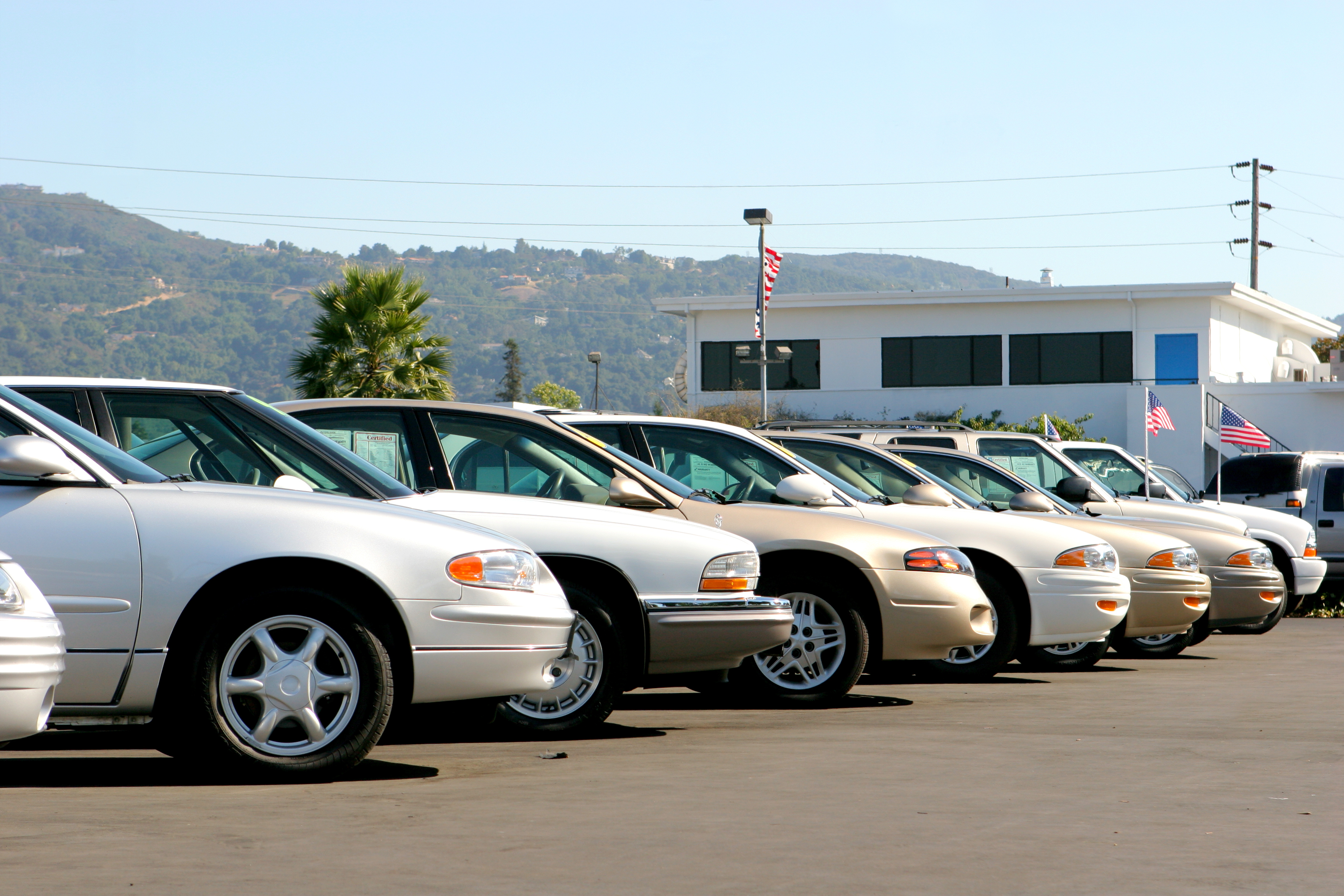 Cheap cars get run off the road
Cheap cars get run off the roadSpeed Read Why automakers are shedding small cars for SUVs, and what that means for buyers
-
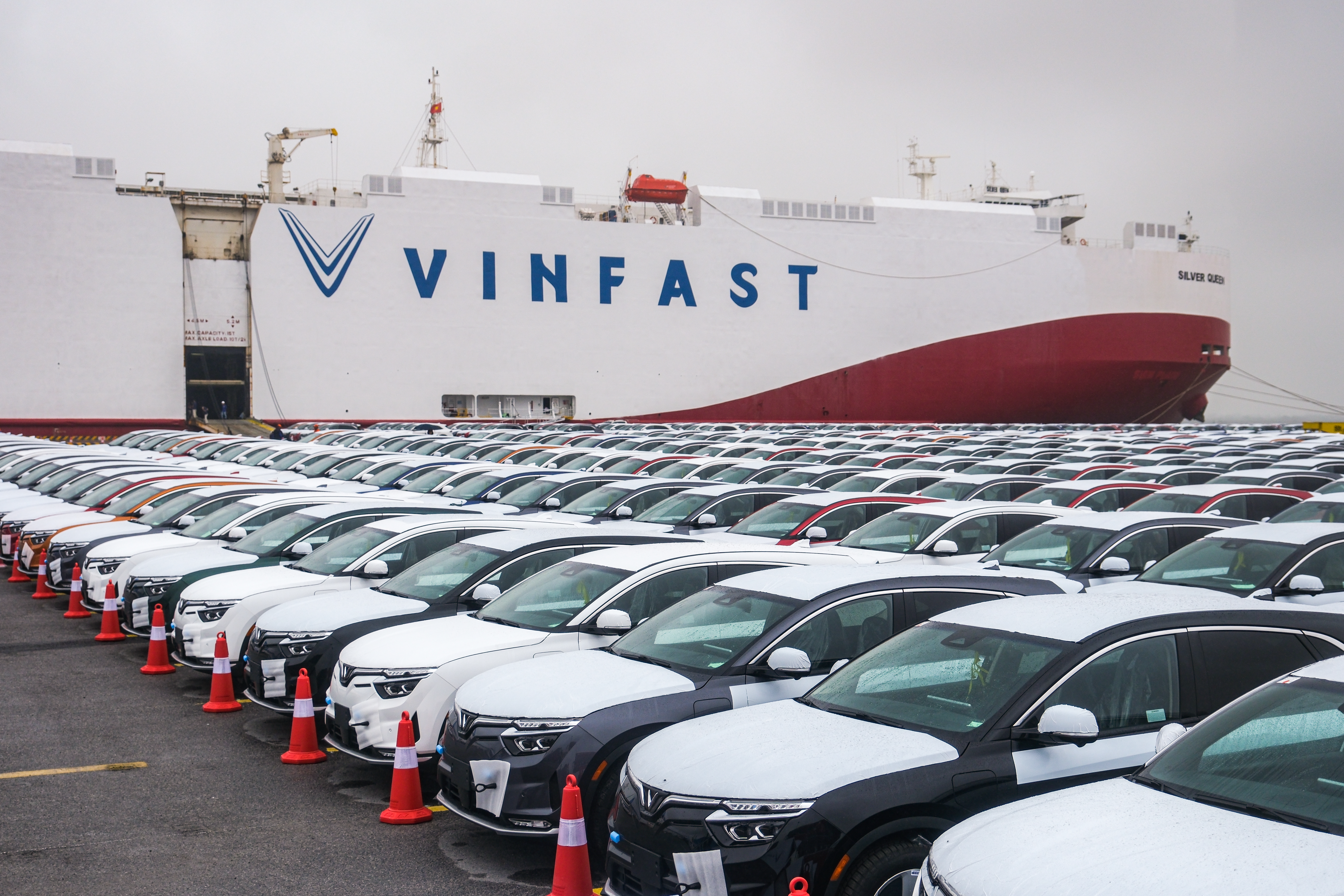 Vietnamese EV maker VinFast wows with staggering Nasdaq debut
Vietnamese EV maker VinFast wows with staggering Nasdaq debutSpeed Read Can the company keep up the pace, or is it running out of gas?
